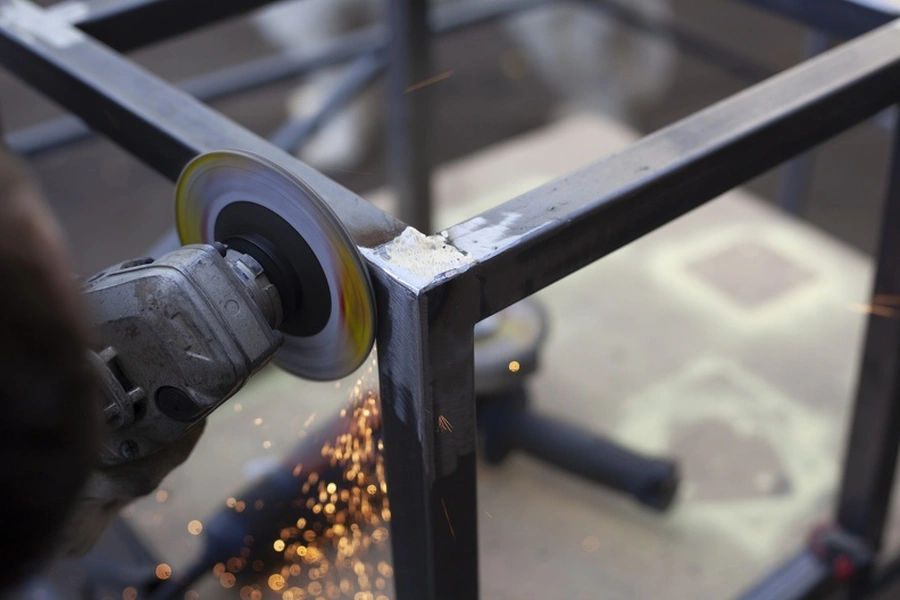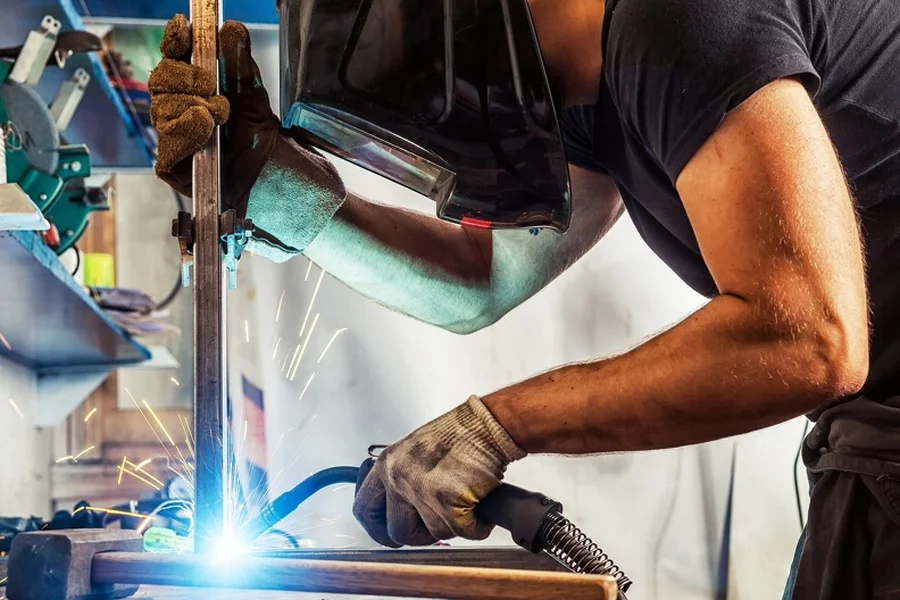An Introduction to This Vital Manufacturing Process
Metal fabrication is a key aspect of modern manufacturing and construction. It involves cutting, bending, and assembling metal materials into specific shapes and structures. This process is crucial in creating everything from small components to large structures like bridges and buildings. Understanding the basics of this process is essential for industries that rely on durable metal parts. Let’s explore its benefits, challenges, and standards.
The Benefits of Using Metal in Construction
Metal offers numerous advantages due to its strength and versatility. It provides durability, which ensures structures last longer even under adverse conditions. Additionally, metals can be molded into complex shapes, making them ideal for custom designs. The longevity and adaptability of metal lead to lower maintenance costs over time. These qualities make it a preferred choice in various sectors.
Understanding Common Challenges in Fabricating Metals
Fabricating metal involves several challenges that manufacturers must address. One issue is dealing with the high temperatures required for certain processes, which can affect the properties of some metals. Accurate measurement is also critical since even minor errors can lead to significant issues in final products. Lastly, selecting the right type of metal for a specific application requires expertise and careful consideration.
Solutions to Overcome Metal Fabrication Issues
Tackling these challenges requires strategic planning and execution. Here are steps that help ensure successful outcomes:
- Choose appropriate metal types for each application
- Use precision tools for accurate measurements
- Apply quality control measures throughout the process
- Adopt advanced technology for enhanced efficiency
Best Practices for Effective Metal Work Techniques
Applying best practices significantly enhances productivity. First, regular equipment maintenance prevents unexpected downtimes. Next, staying updated with industry trends helps incorporate innovative techniques. Training employees regularly ensures they are skilled in utilizing new technologies effectively. By following these practices, companies can optimize their operations.
The Importance of Adhering to Industry Standards
Compliance with industry standards ensures safety and quality. Regulations often govern aspects such as material properties, environmental impact, and worker safety. Adhering to these standards not only protects workers but also enhances product integrity. It’s vital for companies to stay informed about regulatory changes that may affect their operations.
Examining Cost Factors in Metal Production
The cost of producing metal components involves several factors including material costs, labor, and energy consumption. Investing in efficient machinery can reduce long-term expenses by improving production speed and minimizing waste. Additionally, bulk purchasing of raw materials often results in cost savings.
Concluding Thoughts on Crafting With Metals
Engaging with an expert team can significantly improve your project’s outcome when working with metals. Based in Brooklyn, NY, our company provides reliable solutions tailored to your needs. Contact Laseelle's Welding & Iron Works at (718) 940-0022 to learn more about how we can assist you with quality metal services.

